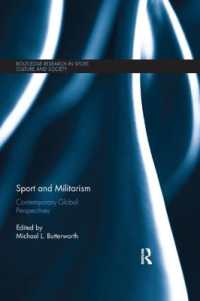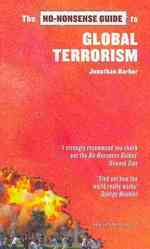- ホーム
- > 洋書
- > 英文書
- > Politics / International Relations
Full Description
What did liberty mean to the American founding fathers? It was not just about limited government, protecting rights, and leaving people free to live their own definition of a good life. It was to be a movement toward the highest of human flourishing. A new genus of liberty had taken root here in the fresh American soil, and there was a special something—a moral discipline—that was inherent in the American character that would allow it to thrive. Above all, real liberty was dependent upon good character. The new nation had barely gotten any traction, however, when the founders' ideal of a liberty based upon virtue began to lose its luster. Over time, liberty gradually became more about rights and less about the responsibility to be good. Character no longer matters, and we don't seem to mourn the loss
Contents
Introduction: Words About a Word
Chapter One: The Four-Note-Chord of Liberty
Chapter Two: The American Creed
Chapter Three: The Classical Roots of Virtue
Chapter Four: Greek Eleutheria and Roman Liberatas
Chapter Five: Two Paths to Virtue—Religion and Reason
Chapter Six: Benjamin Franklin and Thomas Jefferson—The Art of Moderation
Chapter Seven: Virtue or Rights?
Chapter Eight: More Need of Masters
Chapter Nine: Liberty—The Box With the False Bottom
Conclusion: Mourning Virtue







